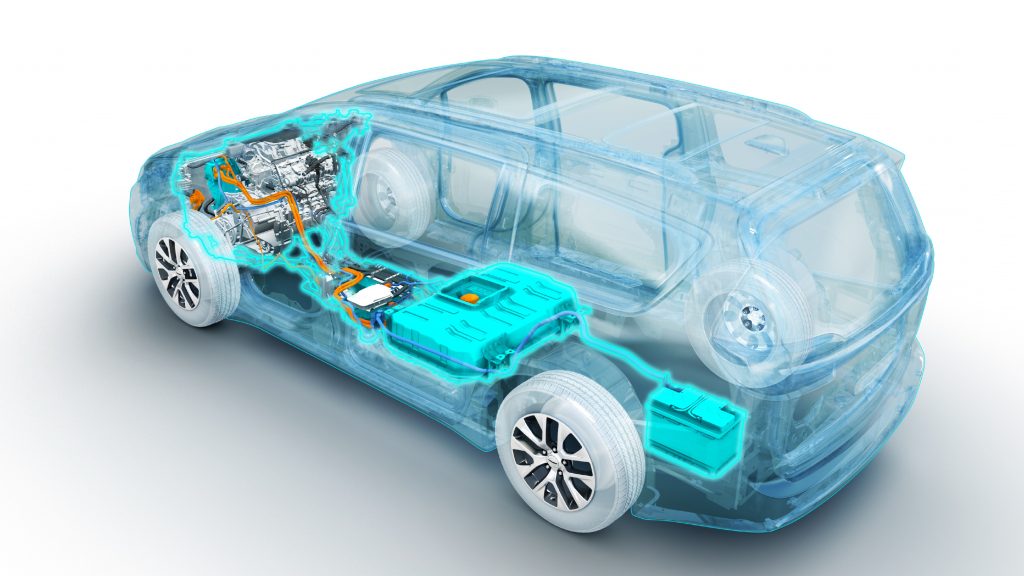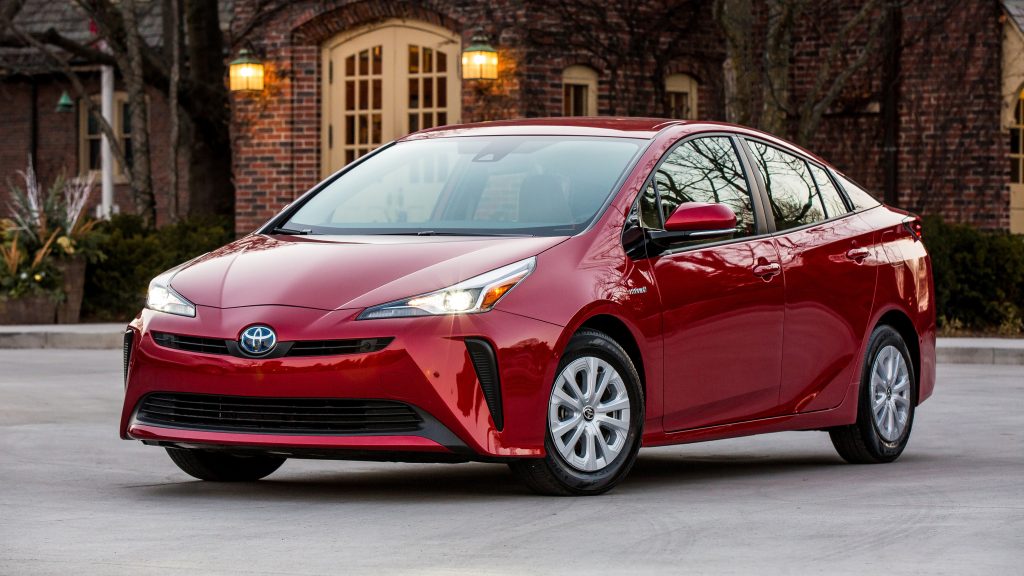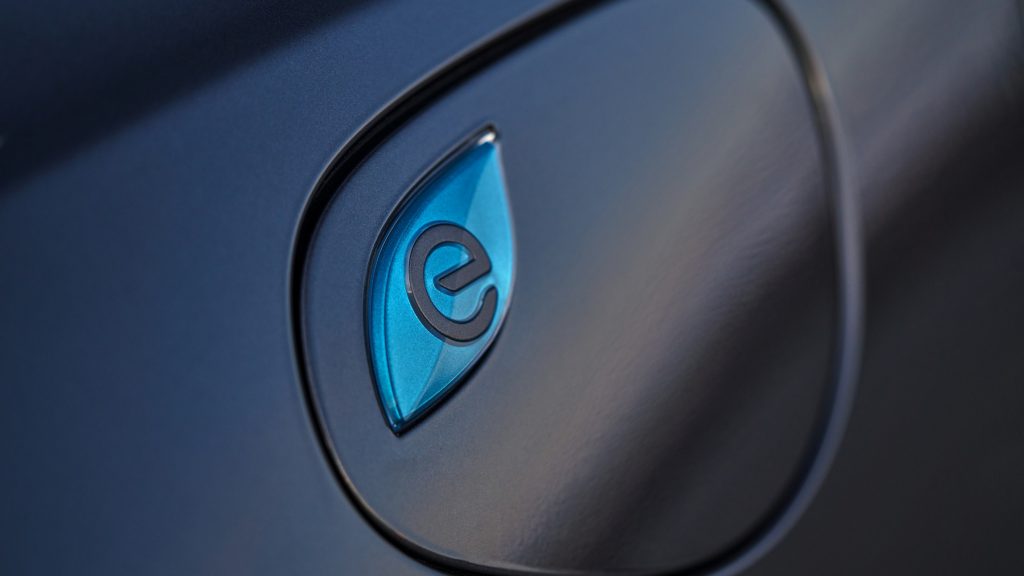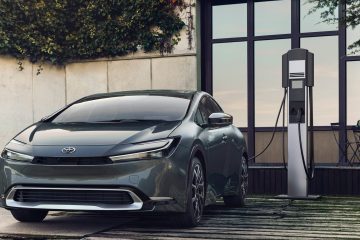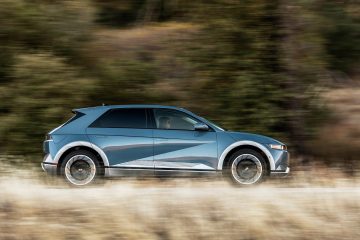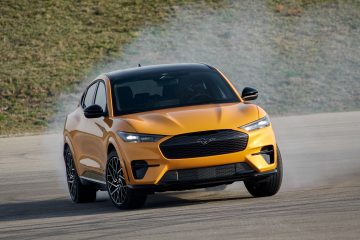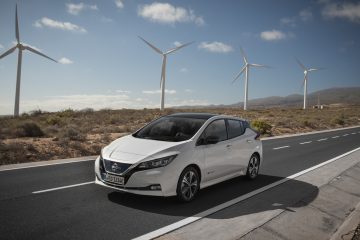Buying a used car can be exciting, especially with all of the new models available today. Used hybrid cars and plug-in hybrid (PHEV) cars are among them and can offer significant fuel savings for the right owner. They do have an added layer of complexity, however, due to their batteries. With the right research and planning, you can be on your way in a used hybrid or PHEV that is reliable and efficient.
Here are three factors to consider when shopping for used hybrid cars or PHEV.
Battery Life
Every car has a 12-volt battery that provides power for the electronics and other components in your vehicle. Replacing it is not a problem, and won’t be a major source of stress, unless it leaves you stranded. The bigger issue with hybrids is the battery that powers their electric motor(s). Just like the battery in a mobile phone, hybrid batteries degrade over time and can lose capacity. If you’re shopping for a hybrid or PHEV from within the last couple of years, this won’t be a huge problem, as there’s likely plenty of life left in the battery pack.
However, if you’re looking at used hybrid cars or PHEV with several thousand miles on the clock and more than a few years under its belt, you should budget for a battery replacement, the cost of which varies widely between models. Depending on the car, you could be looking at $1,000 to $4,000 or more. Automakers issue long warranties on hybrid battery packs – usually 10 years or 100,000 miles at the least, but a higher-mile car might not be covered for long after your purchase.
Used Hybrid Cars or PHEV
Shopping for used hybrid cars or PHEV is exciting, but you’ll need to know the difference between the two. Both types of cars have at least one electric motor and at least one battery pack to power it, and both have traditional gas engines under the hood. Where the two diverge is in how the electric powertrain components operate. Hybrids do not require charging and typically have smaller battery packs. Their electric motors supplement the gas engine and are not capable of providing significant electric-only range. Hybrids’ batteries are charged using engine power and regenerative braking.
As the name suggests, plug-in hybrid cars need to be plugged into a charger to fully recover battery power. Their battery packs are larger than the ones in hybrid cars, and while they can use regenerative braking to recharge, it won’t fully replenish the charge. Because of their larger batteries, PHEVs are capable of traveling short distances on electricity alone, giving their owners the ability to commute without the use of gas at all if they only drive a few miles each way.
Vehicle Maintenance
Hybrids and PHEVs are not exempt from the regular and careful maintenance that keeps gas-powered cars running smoothly. When shopping, be sure to check maintenance records and understand how the car was taken care of by its previous owner. The most important thing here is to have a pre-purchase inspection performed by an independent mechanic that understands how hybrids or PHEVs work. They can give you an indication of battery health, show you signs of abuse, and let you know if there are any big maintenance issues looming on the horizon.
There has never been a better time to shop for used hybrid cars or PHEV. The number of models available has skyrocketed in recent years, so you won’t be left wanting for variety. Do your homework and take a test drive before purchase and get busy enjoying your newfound fuel savings.

Find used cars on all the top used car sites - cars.com, eBay, CarsDirect, craigslist*, AutoTrader* and more - with the AutoTempest used car search tool:
Find used cars on AutoTempest*AutoTempest is not affiliated with craigslist or AutoTrader.
(Article continues below)

